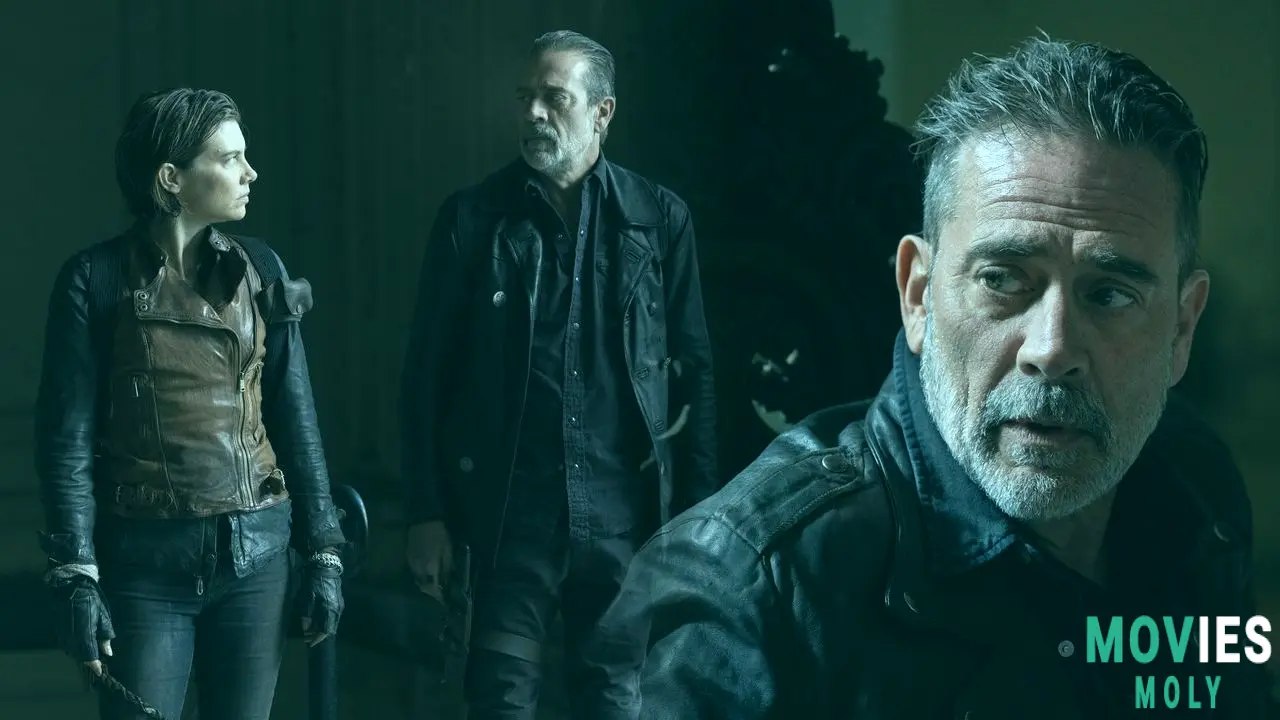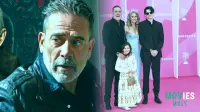By Nicolas Ayala
There are few characters in genre television as thoroughly christened by audience passion — and evolution — as Jeffrey Dean Morgan's Negan. Once a lightning strike of brutality and charisma in The Walking Dead Season 6, Morgan’s anti-hero has morphed into a multi-dimensional force across the sprawling TWD universe. Now, with Dead City Season 2 unleashing its savage glory on AMC, Negan isn’t just surviving—he’s transforming in ways fans never saw coming.
The emotional weight of a decade carried in a single character’s journeyWalking into the Canneseries premiere of Dead City with his family by his side, Morgan's joy was as palpable off-screen as it is explosive on-screen. Having just left his handprints on the Cannes Walk of Fame, the actor celebrated not only a career milestone but a personal one. “To have my family there made it even more special,” Morgan said, clearly moved by the moment. For a man who’s spent the last 10 years embodying a character many only knew as savage, this recognition felt like more than fame—it was validation.
“I’ve earned my stripes,” he told Variety, reflecting on a decade of mental and physical endurance in a role that demands everything. And yet, Morgan never seems worn out. Instead, he’s invigorated, especially now that he’s not just starring, but executive producing alongside Lauren Cohan. “Having a say in the cast and crew—that’s been my favorite part,” he said. After all, in a world where you fight walkers and humans alike, having a family you trust on set is everything.
Lucille’s return reignites old demons and new conflicts in ‘Dead City’
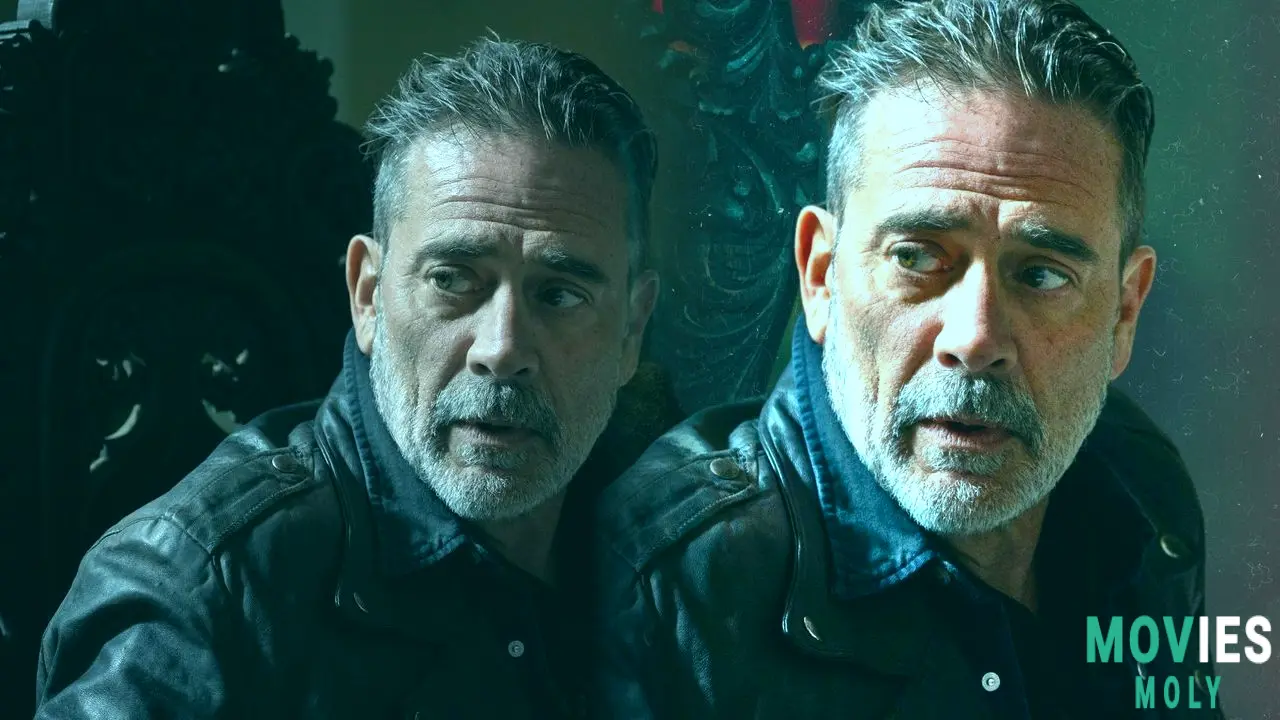
For long-time fans, nothing resonates quite like the return of Lucille. That infamous barbed-wire baseball bat, a symbol of Negan’s violent past, makes a haunting comeback in Season 2. And as Morgan admits, “It was more important to me, Jeff, than even to Negan,” to have the prop back in his hands. He jokes about never letting the crew borrow her, taking Lucille with him to his trailer and craft services alike. But beneath the humor lies a deeper truth.
Lucille isn’t just a weapon. She’s an extension of Negan’s inner battle—a love-hate relationship that mirrors the character’s own evolution. “When he burned her in ‘Here’s Negan,’ that was him trying to get rid of a part of his life,” Morgan explains. Now that she’s back, that part of his life is roaring back, too. “A lot of this season is Negan figuring out how to deal with that,” he says. And that struggle—between who Negan was and who he’s trying to become—is what makes this season hit with such emotional force.
Negan and Maggie: a combustible partnership fueled by history and survival
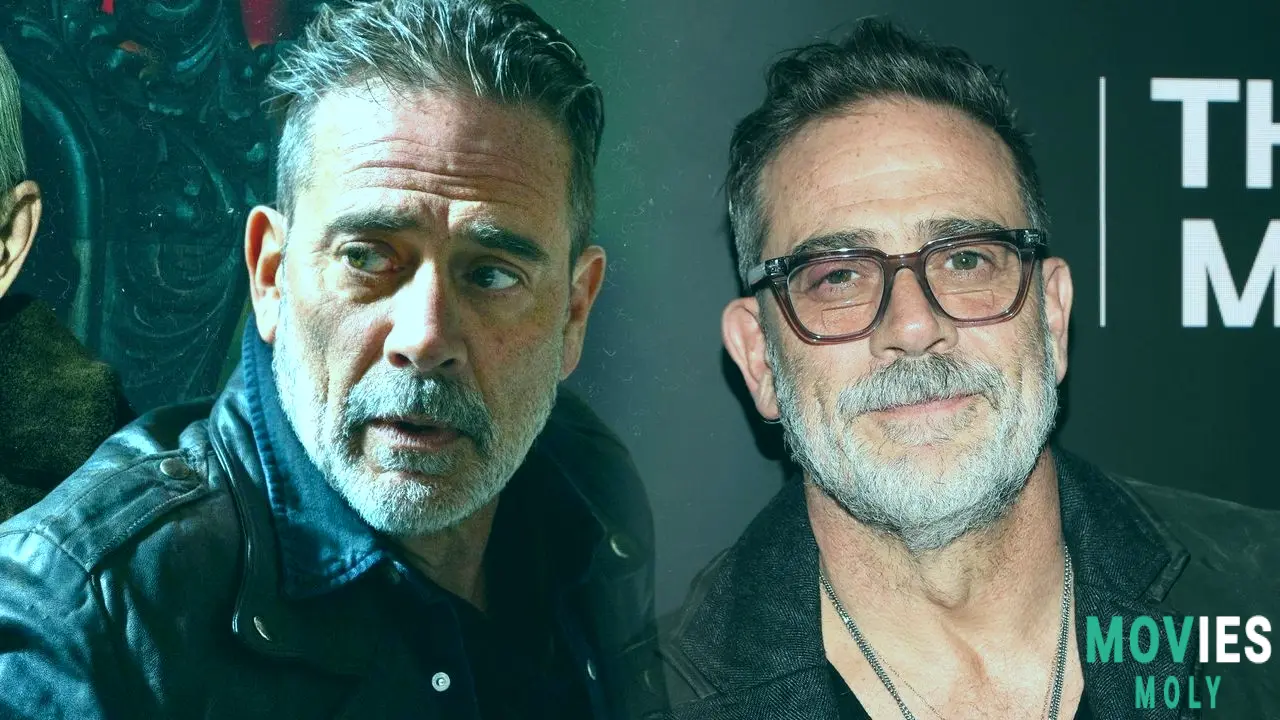
Few on-screen dynamics are as charged—or as complex—as the one between Negan and Maggie (Lauren Cohan). Dead City places them in a grimy, decaying Manhattan, forced into an uneasy alliance that constantly teeters between cooperation and annihilation. “We know each other too well, and that creates its own kind of tension,” Morgan says about working with Cohan. The two vets punch every scene with a history-heavy intensity that understates as much as it explodes.
“We’re always trying to find new pegs for the relationship, something that keeps it fresh—not just for the audience, but for us, too,” he adds. And with Maggie now weaponizing Negan’s own past against him by placing him in the Croat’s grasp, the power balance is shifting once again. “He’s in a bad position, and he knows it,” Morgan teases. But as always, Negan thrives when cornered. “Any time he can get put into a corner, fun things are going to happen,” he says with a grin.
Behind the apocalypse: Morgan’s real-life family fuels his onscreen grit
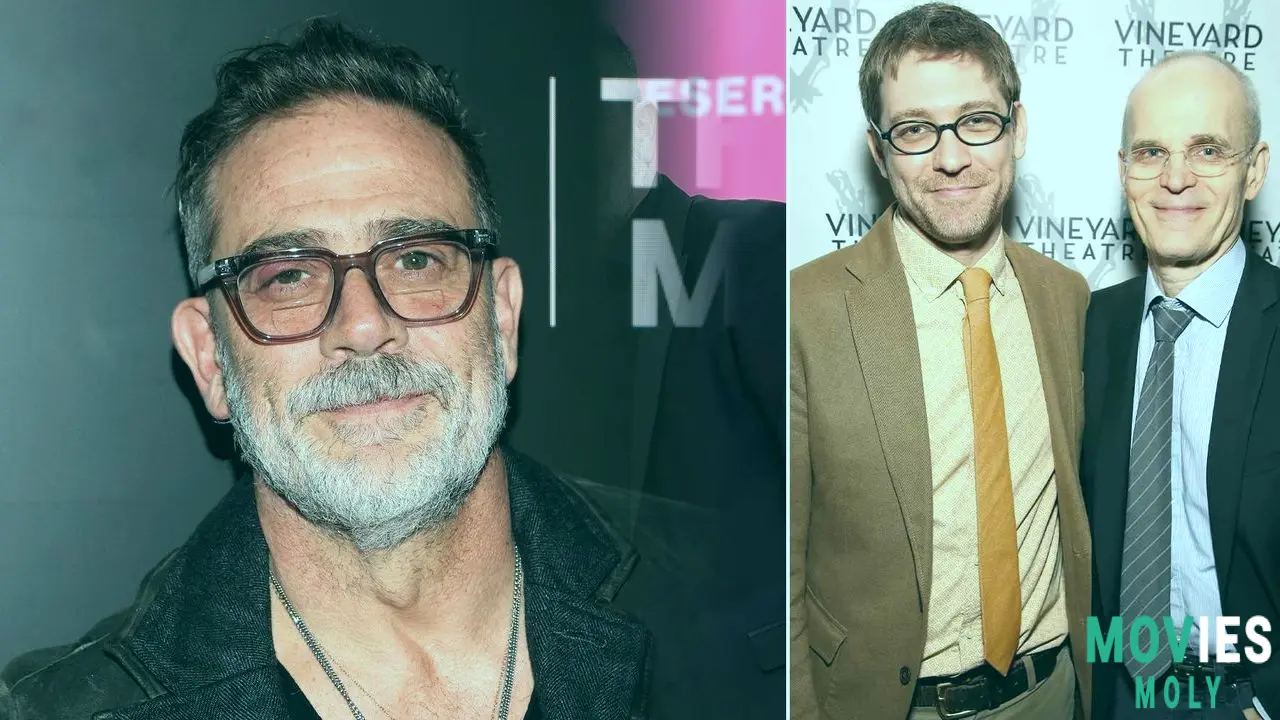
While Negan fights for a semblance of control in a broken world, Morgan’s real world looks nothing like the chaos he inhabits. His wife, Hilarie Burton, and their two children recently made their first red carpet appearance with him at Cannes, and it’s clear that family means everything to him. The couple’s love story — punctuated by Burton’s cameo as Lucille in The Walking Dead — adds an extra layer of sweetness to Morgan’s hardcore persona.
“My kids loved it there, and I joked that my son Gus is going to walk away with a multi-picture deal from Paramount,” he said, playfully imagining his son’s future in Hollywood. For a man who once thought he’d play Negan for only four years, this full-circle moment with his family watching him now means everything. It’s a reminder that even in a world full of blood, barbs, and brain-munching walkers, there’s room for love, growth, and celebration.
Negan’s legacy is about evolution, and Jeffrey Dean Morgan is still leading the charge
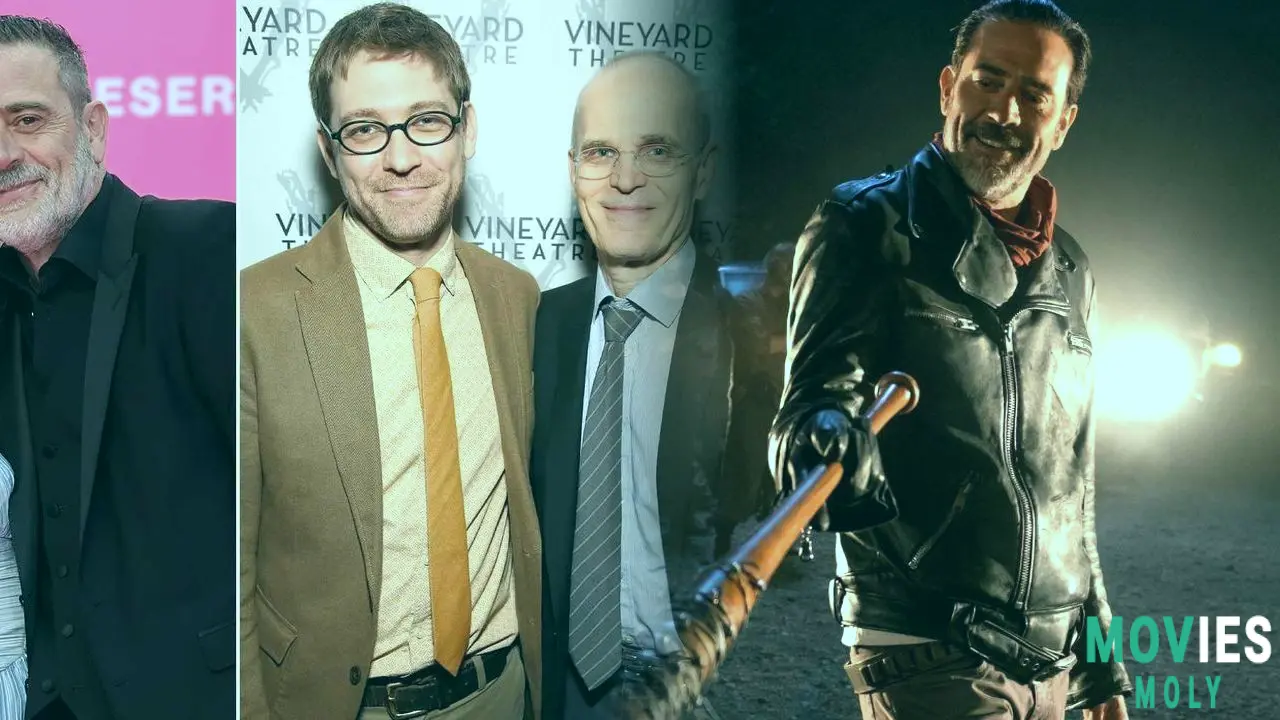
“The Walking Dead has never been about zombies,” Morgan reflects. “It’s always been about people.” And few characters in that human drama have evolved as much as Negan. From villain to anti-hero to something unnameable, Morgan has given the character layers that comics creators envy. He calls the show “a good conversation starter,” and with Dead City season 2, he’s making sure Negan remains at the center of that conversation.
There’s still more to come, and as long as Morgan feels up to the fight, Negan will be there—bat in hand, smirk in place, and soul undeniably raw. “I don’t ever picture it ending unless I say I’m too old for it,” he says. For now, though, he’s not just alive—he’s thriving. And so is Lucille.

